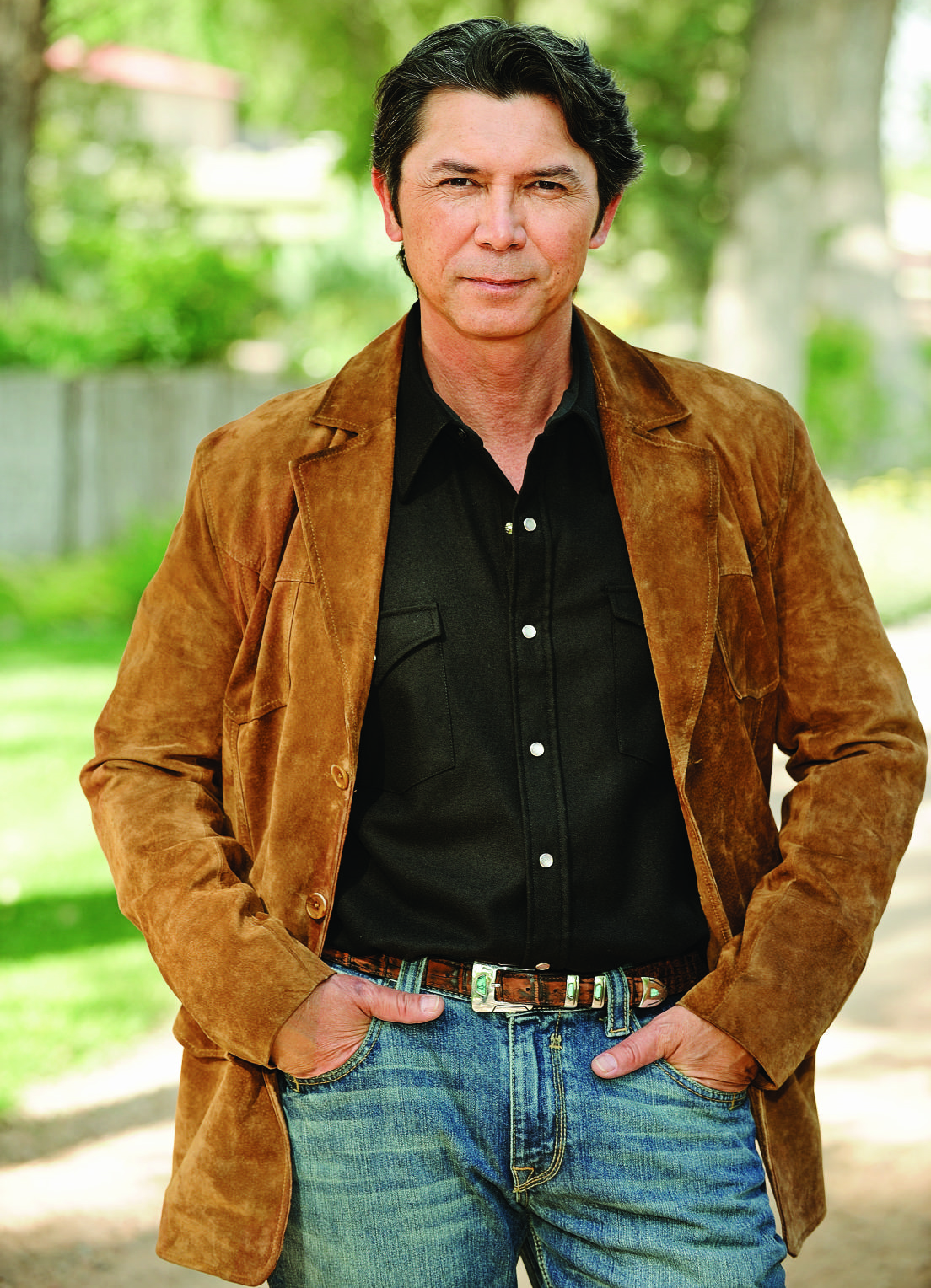Is Lou Diamond Phillips Native?
Lou Diamond Phillips, an acclaimed actor and filmmaker, has captivated audiences around the world with his versatile performances and charismatic presence on screen. He is best known for his roles in iconic films like "La Bamba" and "Stand and Deliver." However, as with many celebrities, questions about his heritage and cultural background often arise. One of the most pressing inquiries is, "Is Lou Diamond Phillips Native?" This question not only pertains to his ethnicity but also to his connection with indigenous cultures and communities.
In this article, we will delve into the life and background of Lou Diamond Phillips, exploring his ancestry and the cultural influences that have shaped his career. By understanding his roots, we can gain insight into the significance of his identity and the impact it has had on his craft. As we unravel the details of his life, we will also address the broader context of representation in Hollywood and the importance of cultural authenticity in the entertainment industry.
Join us as we embark on this journey to discover the truth behind the question: "Is Lou Diamond Phillips Native?" Through a comprehensive examination of his biography, cultural contributions, and personal insights, we hope to shed light on the legacy of this talented individual and the implications of his heritage.
What is Lou Diamond Phillips' Biography?
Lou Diamond Phillips was born on February 17, 1962, in Subic Bay, Philippines. He spent a significant part of his childhood in Texas, where he was raised in a multicultural environment. His father, a Filipino, served in the United States Navy, while his mother is of Spanish and Cherokee descent. This blend of cultures would later play a pivotal role in shaping his identity and artistic expression.
Personal Details and Bio Data
| Detail | Information |
|---|---|
| Full Name | Lou Diamond Phillips |
| Date of Birth | February 17, 1962 |
| Place of Birth | Subic Bay, Philippines |
| Ethnicity | Filipino, Spanish, Cherokee |
| Occupation | Actor, Director, Producer |
| Notable Works | "La Bamba", "Stand and Deliver", "Young Guns" |
| Spouse | Yvonne Boismier Phillips |
Is Lou Diamond Phillips Native American?
When discussing Lou Diamond Phillips' identity, many people wonder if he is Native American. While he does have Cherokee ancestry through his mother, he does not identify as a Native American. Instead, he embraces the rich tapestry of his multicultural heritage, which includes Filipino, Spanish, and Native American roots. This diverse background has influenced his artistic choices and the roles he has pursued throughout his career.
How Has His Heritage Influenced His Career?
Lou Diamond Phillips has often spoken about the significance of his heritage in shaping his career. He has been an advocate for greater representation of indigenous cultures in Hollywood and has actively sought roles that reflect his background. Some of his most notable performances, such as the portrayal of Ritchie Valens in "La Bamba," showcase his ability to bring authentic cultural narratives to life.
Moreover, Phillips has participated in various projects that highlight Native American stories and perspectives. His commitment to authenticity and representation has made him a respected figure in the entertainment industry, inspiring future generations of actors from diverse backgrounds.
What Are Some Notable Contributions to Cultural Representation?
Lou Diamond Phillips' contributions to cultural representation extend beyond his acting roles. He has also taken on directorial and producing responsibilities, providing opportunities for underrepresented voices in film and television. Some of his notable contributions include:
- Directing episodes of the acclaimed series "Longmire," which features a Native American storyline.
- Participating in various documentaries and programs that educate audiences about indigenous cultures.
- Advocating for increased visibility of Latino and Native American talent in Hollywood.
Is Lou Diamond Phillips Involved in Philanthropy?
Beyond his artistic endeavors, Lou Diamond Phillips is also known for his philanthropic efforts. He has been involved in numerous charitable organizations that support indigenous communities and promote cultural awareness. Some of his philanthropic activities include:
- Supporting programs that provide educational resources for Native American youth.
- Participating in events that raise awareness about indigenous rights and issues.
- Collaborating with organizations focused on preserving indigenous languages and traditions.
What Is His Impact on Future Generations?
Lou Diamond Phillips' impact on future generations is profound. By breaking barriers in Hollywood and advocating for diverse representation, he has paved the way for aspiring actors from various cultural backgrounds. His success serves as an inspiration, demonstrating that talent and hard work can lead to recognition and opportunities, regardless of one's ethnic background.
Moreover, Phillips' commitment to authenticity and cultural representation encourages young artists to embrace their heritage and share their stories with the world. As a role model, he has shown that one's background can be a source of strength and creativity, fostering a greater appreciation for diversity in the arts.
Is Lou Diamond Phillips a Role Model for Diversity in the Arts?
Many view Lou Diamond Phillips as a role model for diversity in the arts. His dedication to promoting cultural authenticity and representation has inspired countless individuals to explore their identities and share their narratives. By embracing his multicultural heritage and advocating for greater visibility, Phillips has become a beacon of hope for those seeking to break into the entertainment industry.
As we conclude our exploration of the question "Is Lou Diamond Phillips Native?" it becomes evident that his identity is a rich tapestry of cultures that has shaped his life and career in profound ways. His contributions to the arts and commitment to cultural representation serve as a testament to the importance of embracing diversity and celebrating the unique heritage that each individual possesses.



ncG1vNJzZmivp6x7s7HBnqOrmZ6YtbjFzmeaqKVfnru0tcahq6xpX57AbrjOrmSdoZGivK%2BwjKmfoqScnr20ec2aq6KulWO1tbnL